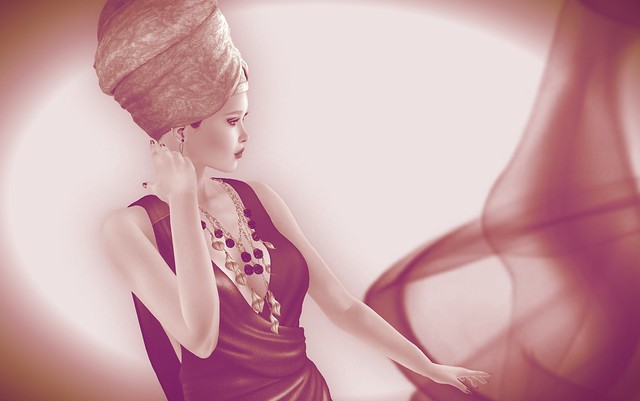The writer Shana Alexander wrote,”Hair brings one’s self-image into focus; it is vanity’s proving ground. Hair is terribly personal, a tangle of mysterious prejudices.” This was brought home to me when visiting my sister who has lost her hair to chemotherapy. Most of the time, she wore a jaunty cap on her head, but she also had a couple wigs. One for each time she got cancer. Get cancer, win a prize! She would dither over what to wear, trying on hats, scarves and her two wigs, turning her head this way and that. It was terribly important because it, more than anything else, allows her to feel normal, to go out into the world without confronting the avid concern of the people she encounters. She does not want her cancer to be prayed over or a topic of conversation. She knows what will be will be and she’s doing her damnedest to struggle to live well while she is living.
Imagine for a moment, how much more important that must be for a child. To not have to deal with questions or pity. Pity is hard to take. It is corrosive and erodes your sense of self, your agency, your power. Does anyone really, deep in their hearts, want pity? Compassion, understanding, empathy? Yes, a thousand times, but pity? Never.
Children feel the same emotions that adults do, but they don’t necessarily have the tools to protect themselves from intrusive curiosity or well-meaning but painful pity, or even worse, the mockery of unkind and unthinking children. For them, a wig can be a shield from pain, the armor of confidence. That is why Hair Fair is so important – raising funds to buy wigs for children suffering for whatever kind of hair loss, whether from alopecia or from chemotherapy.



